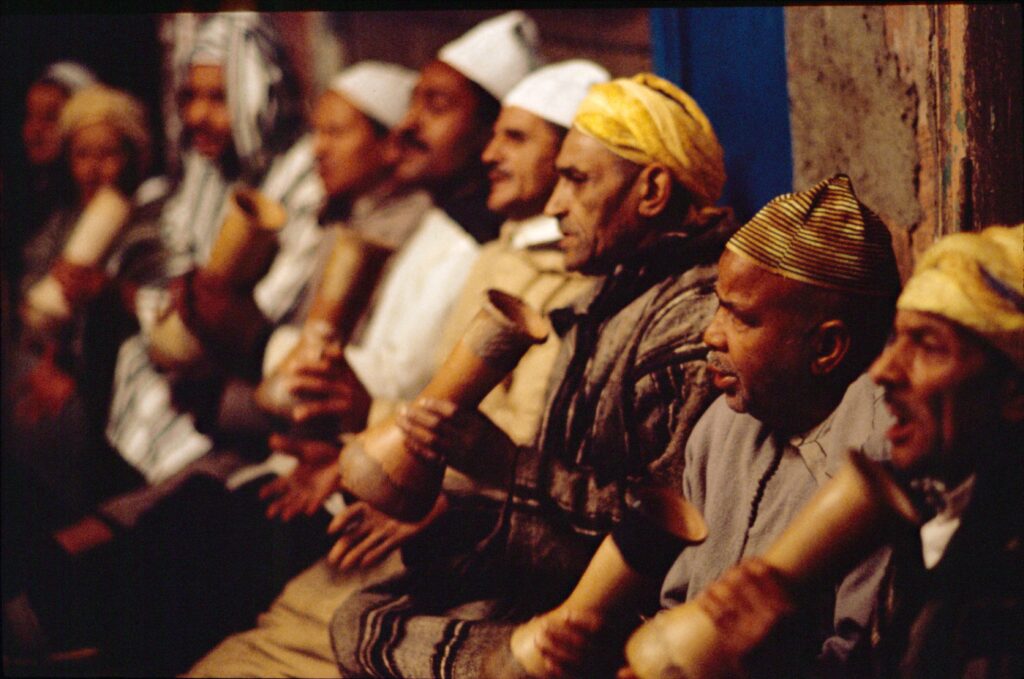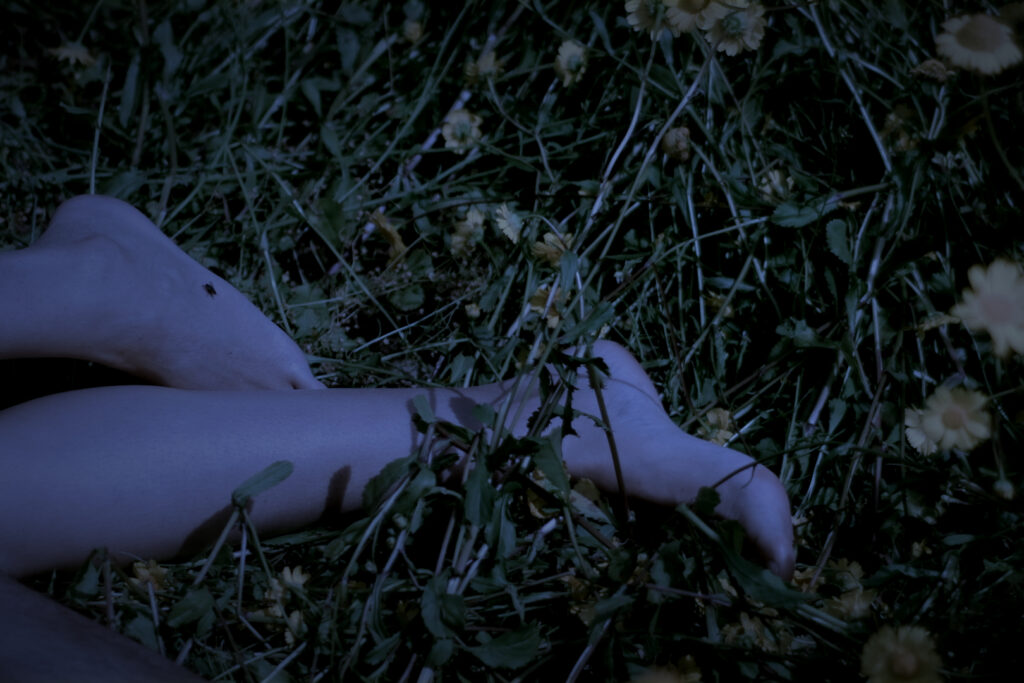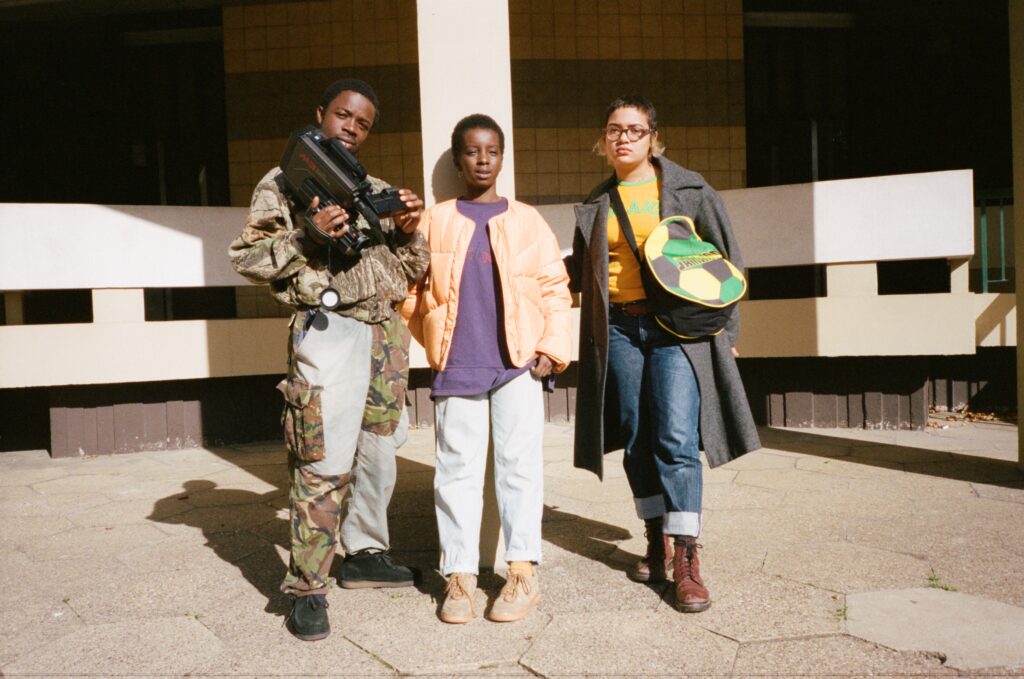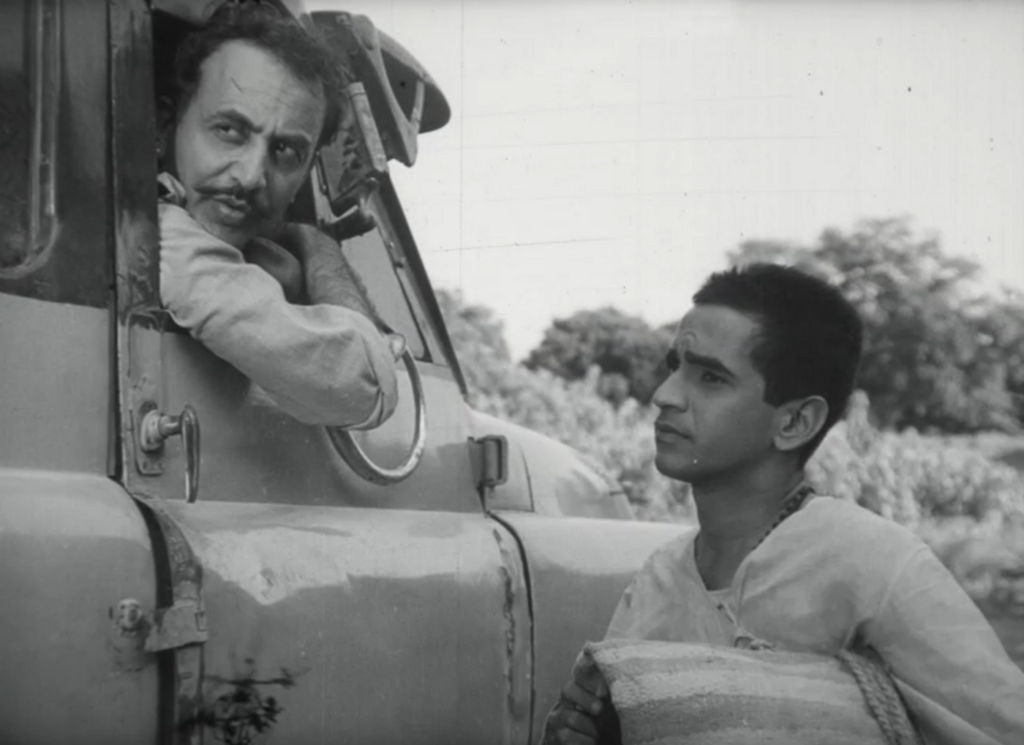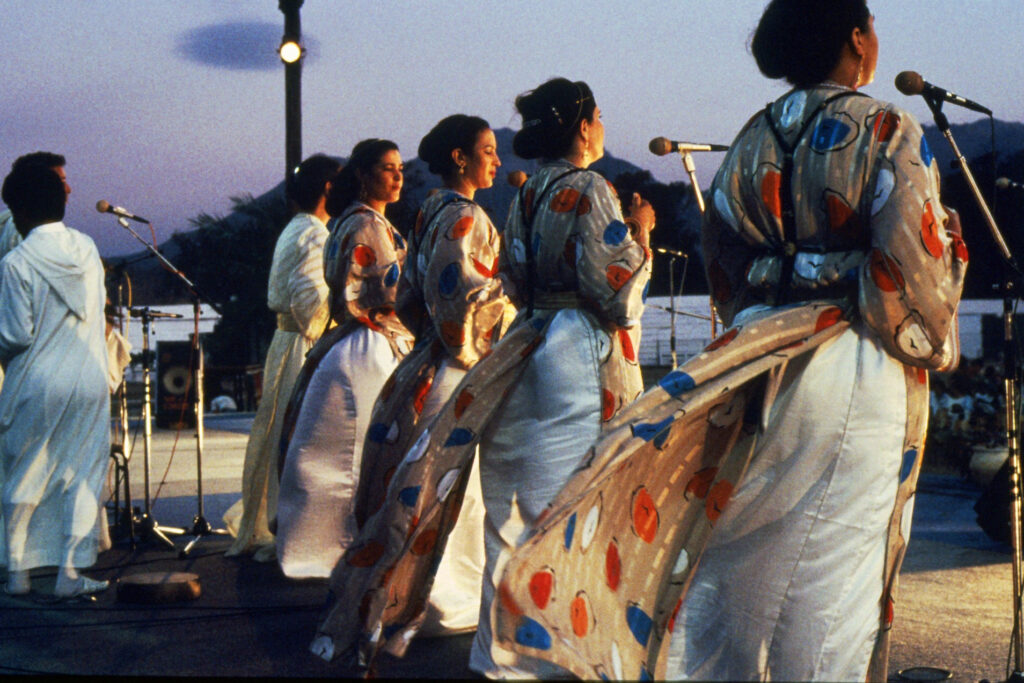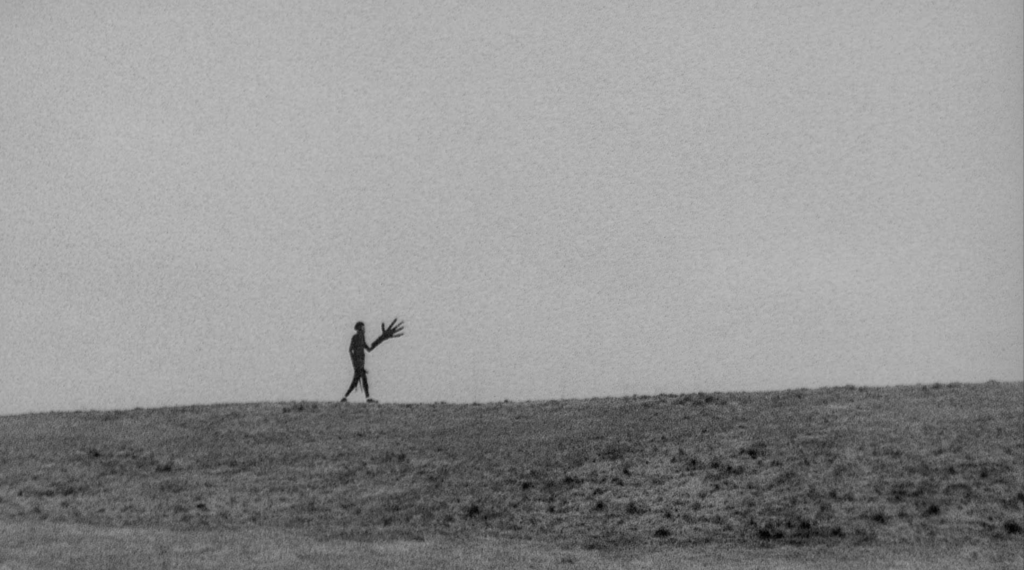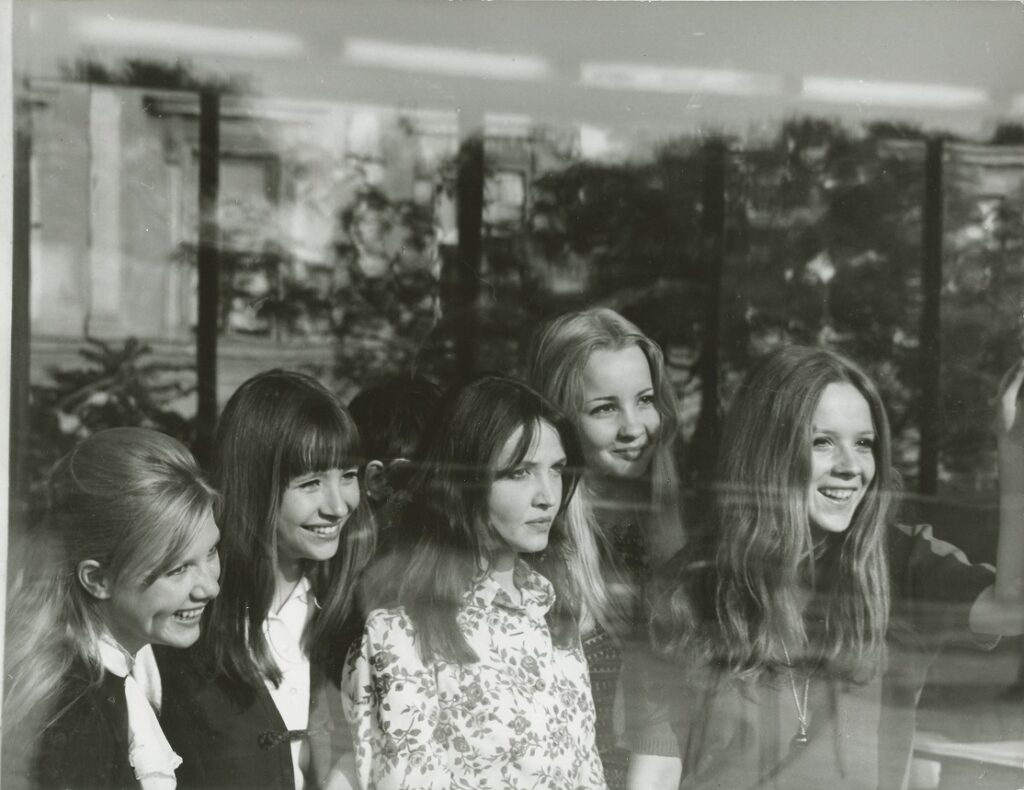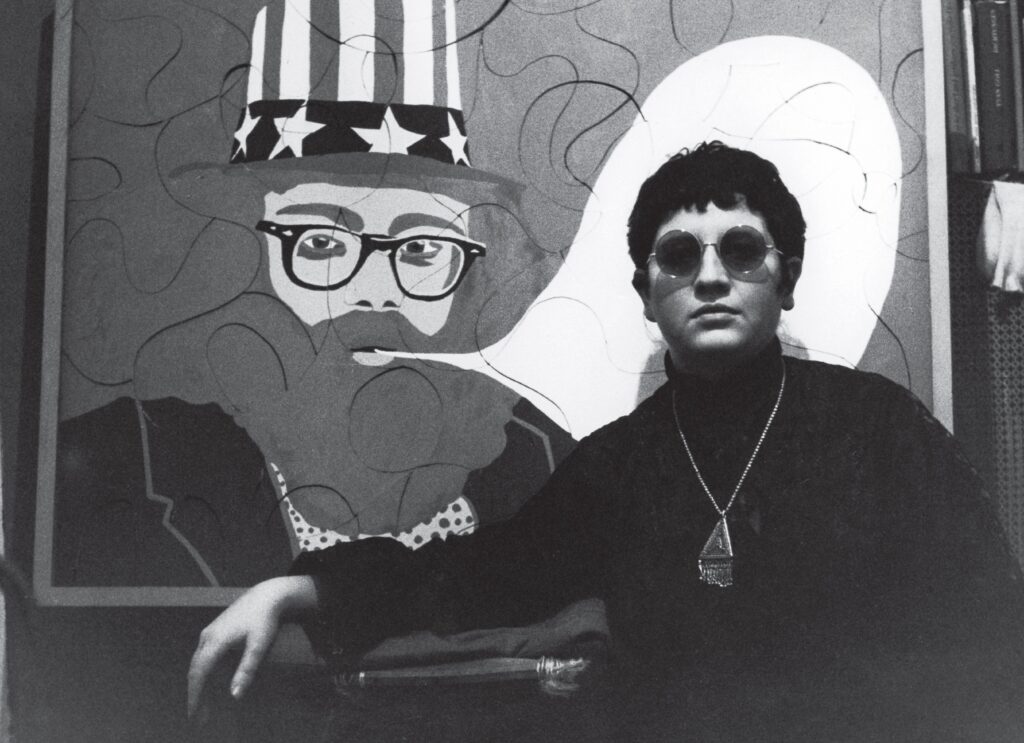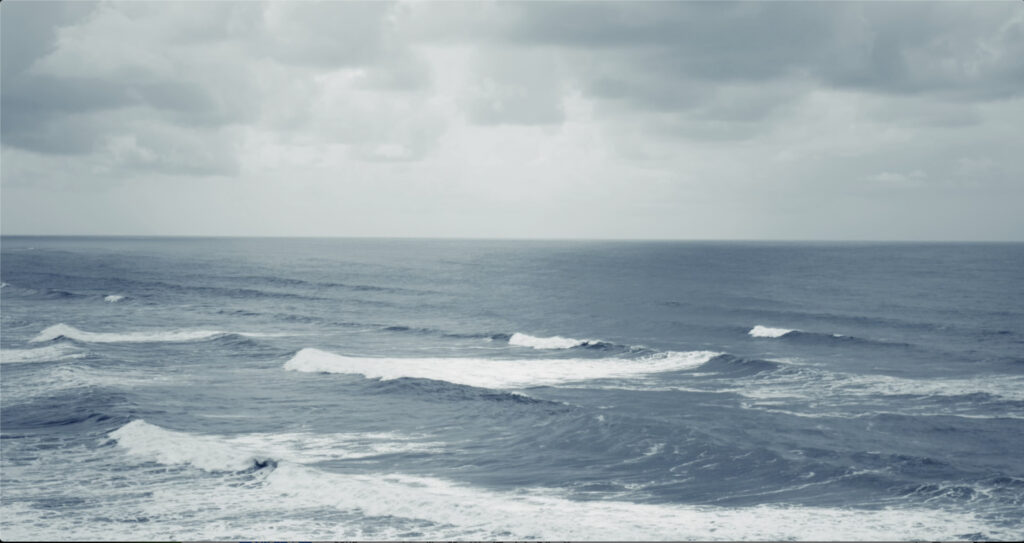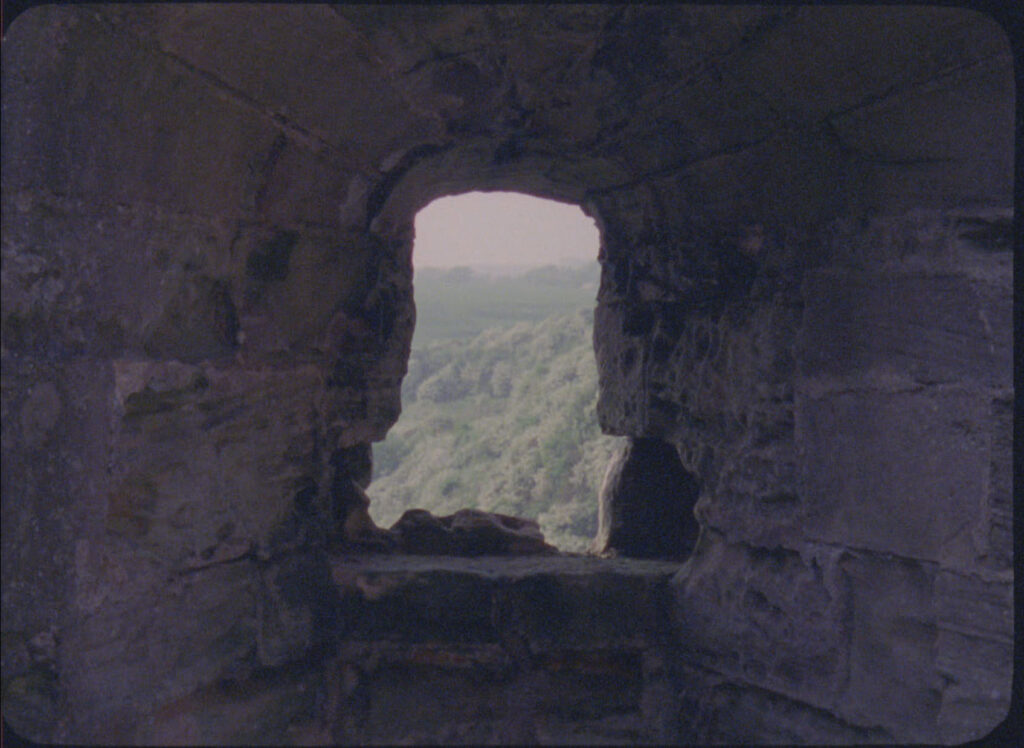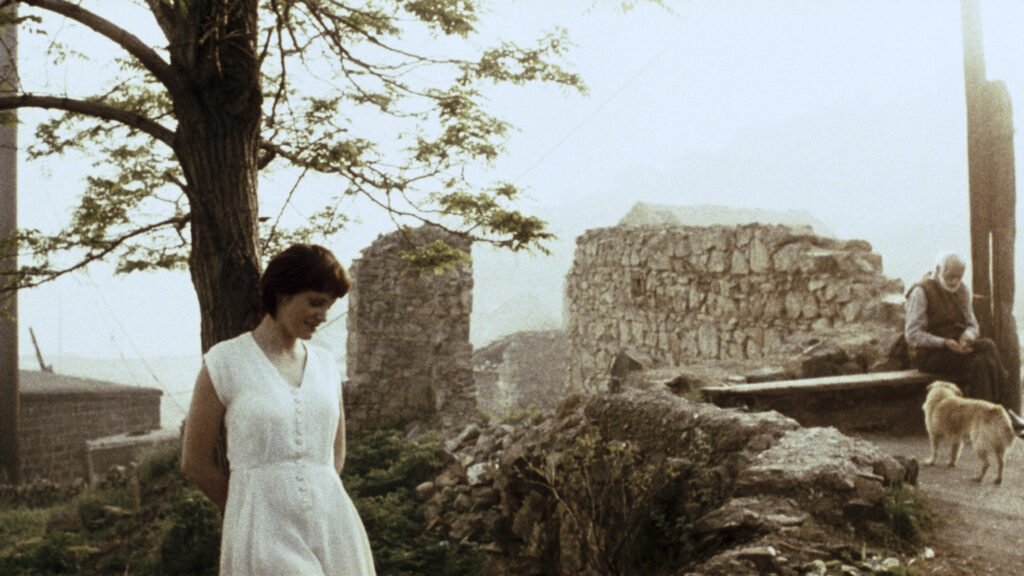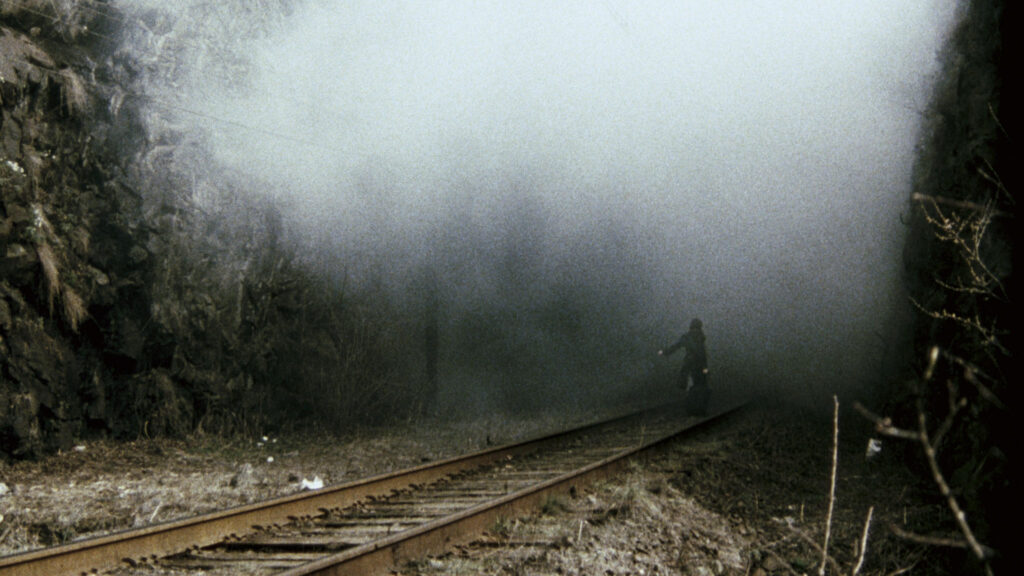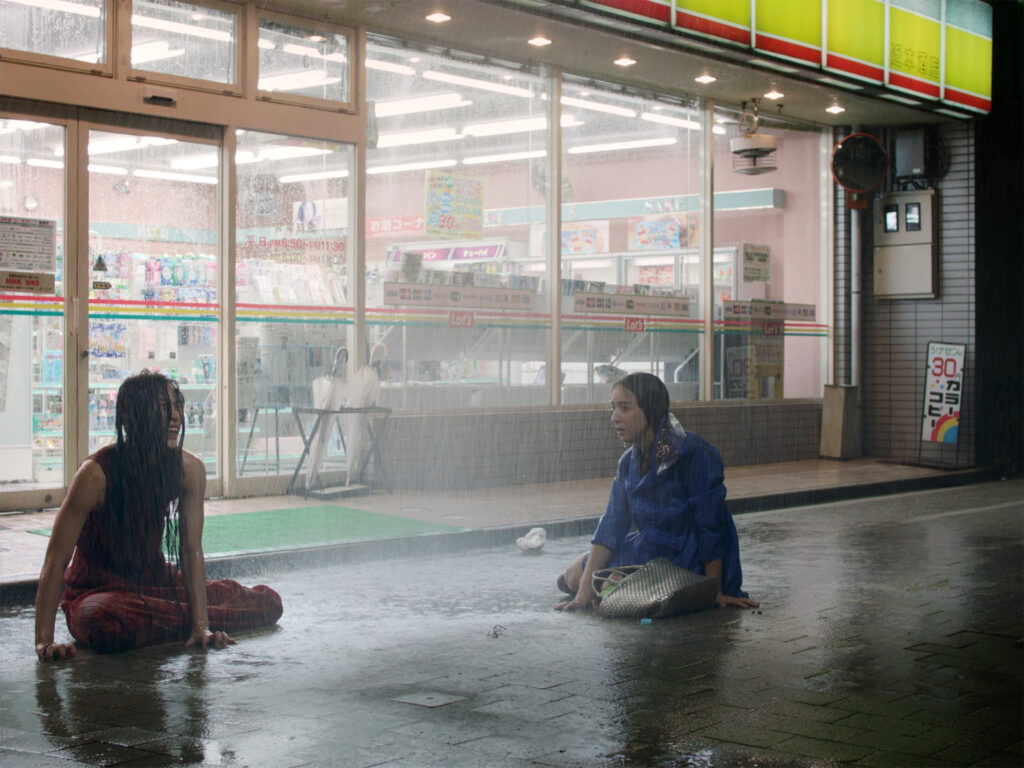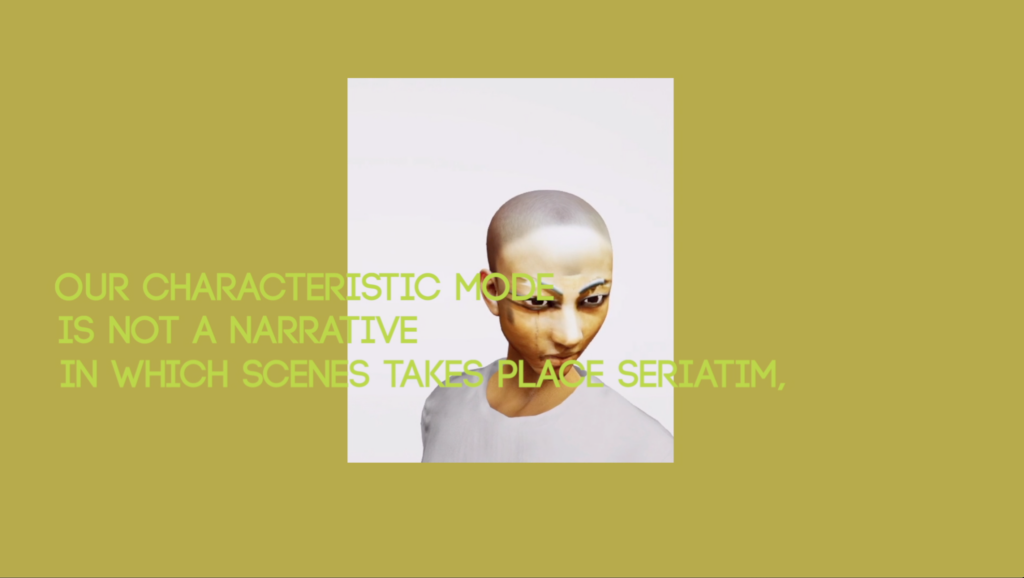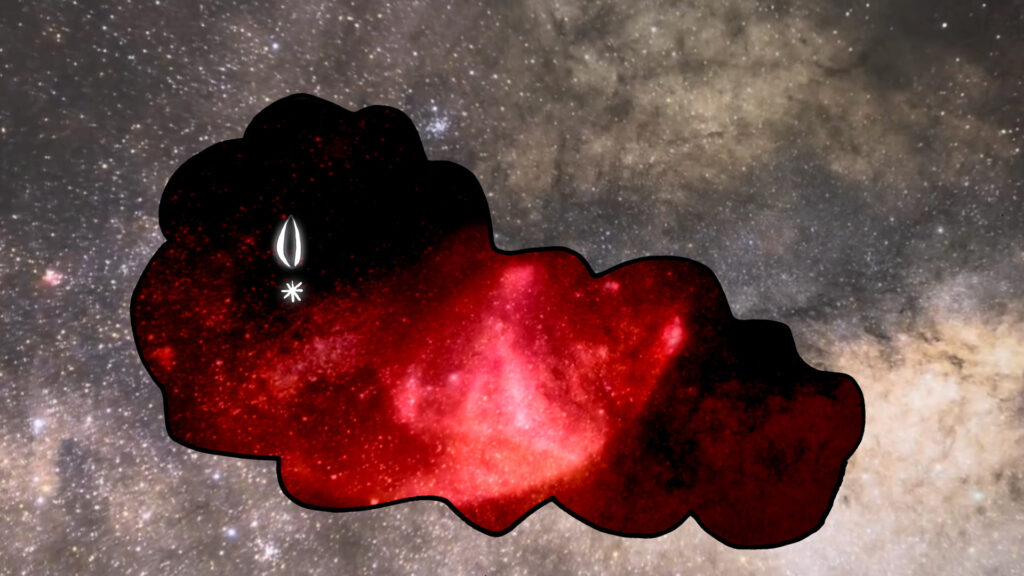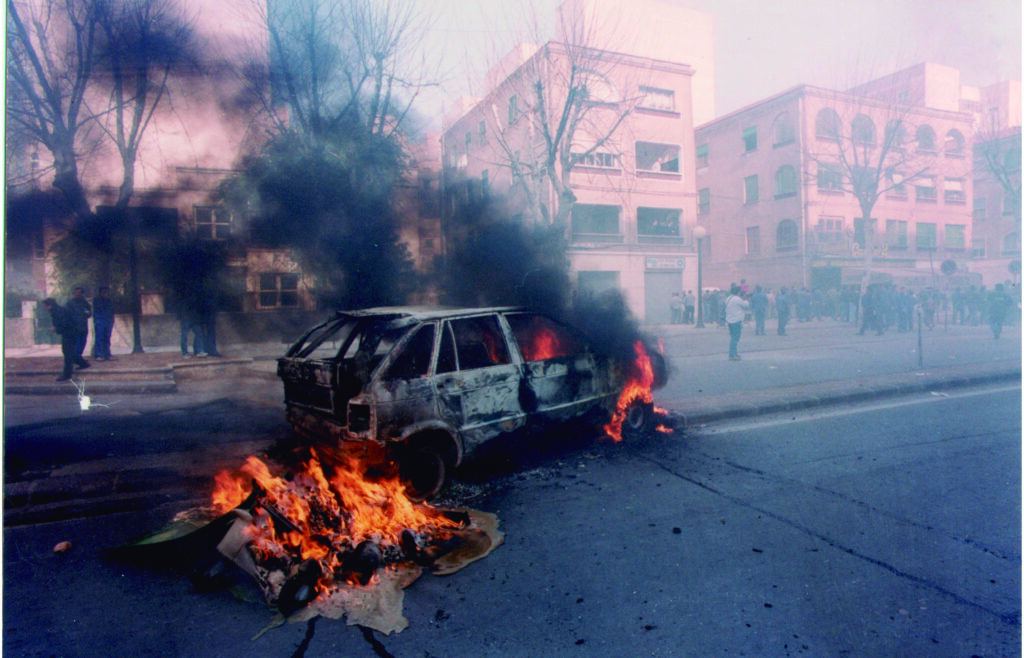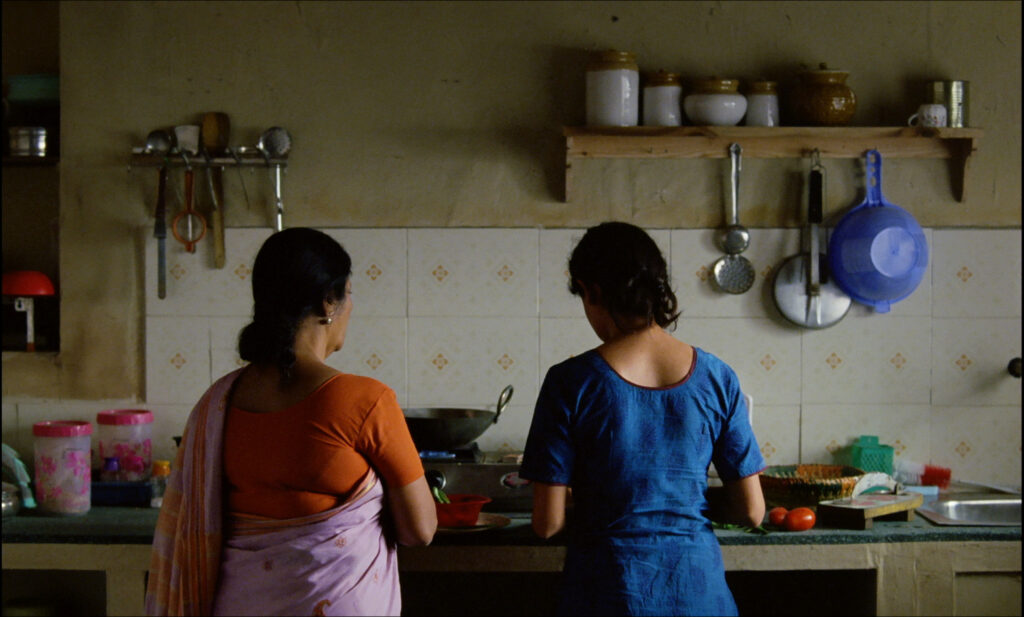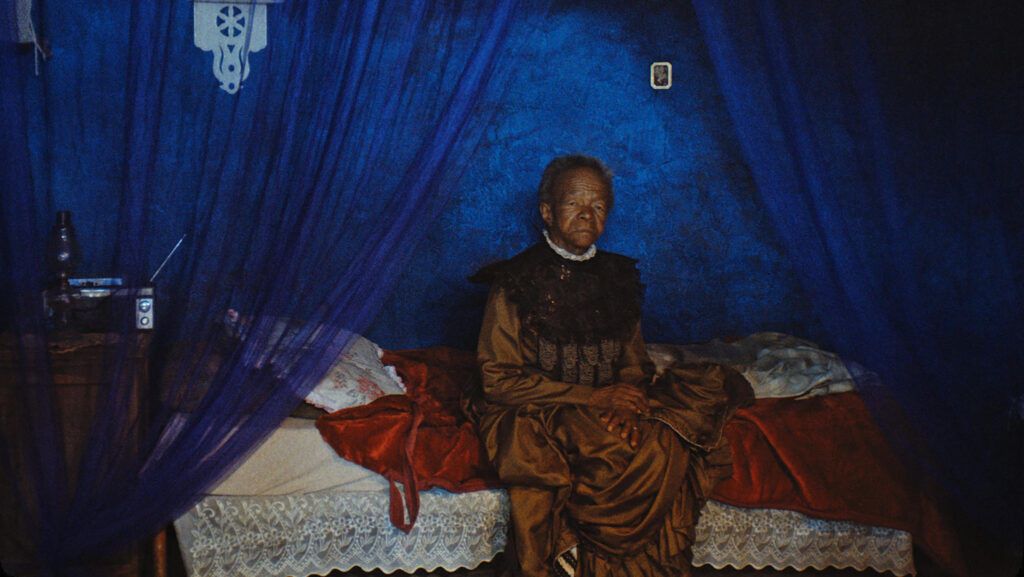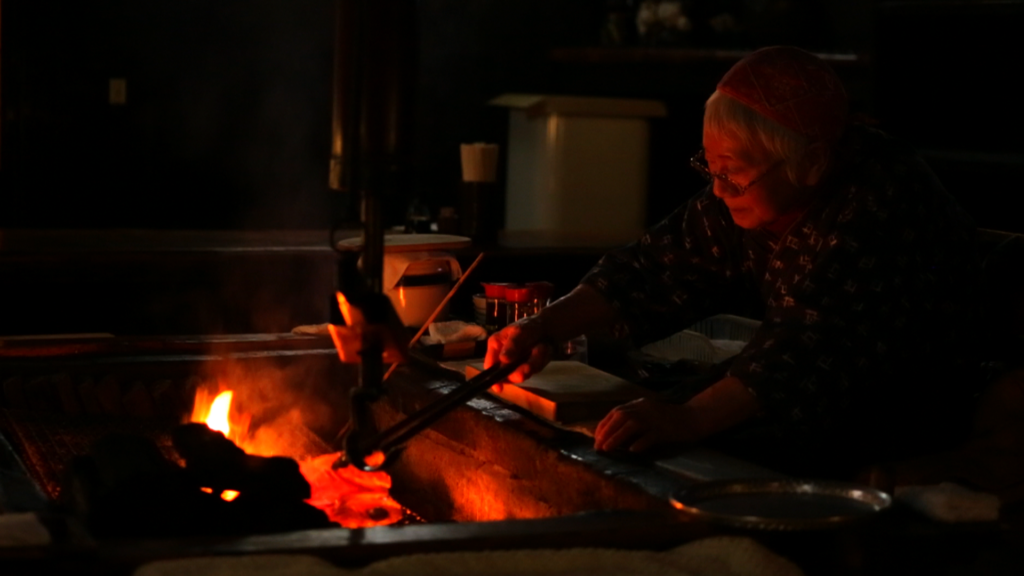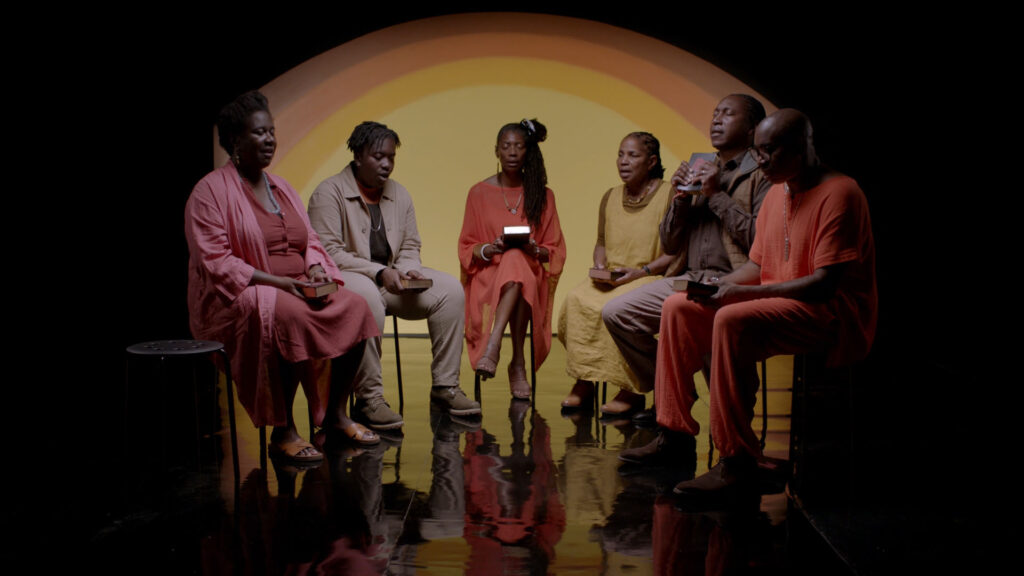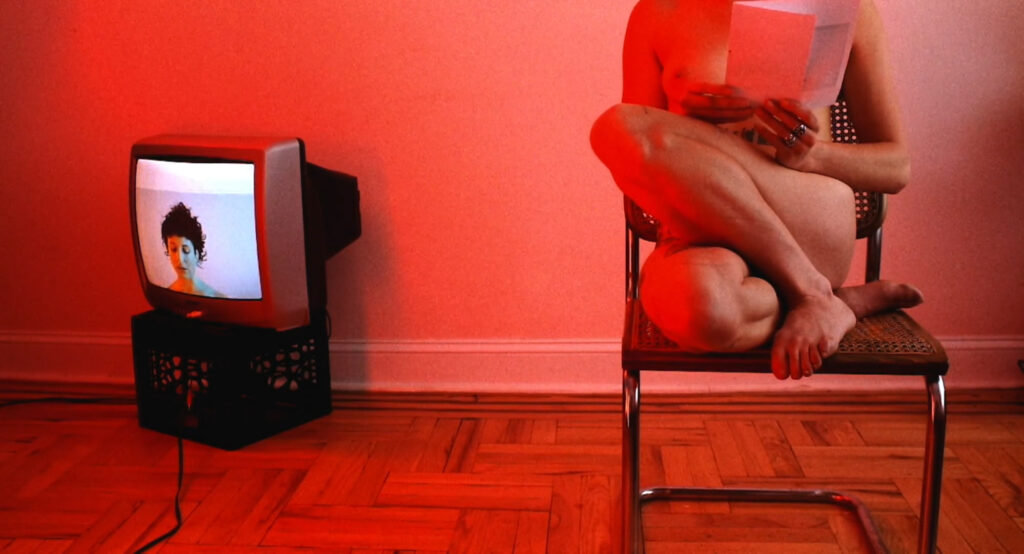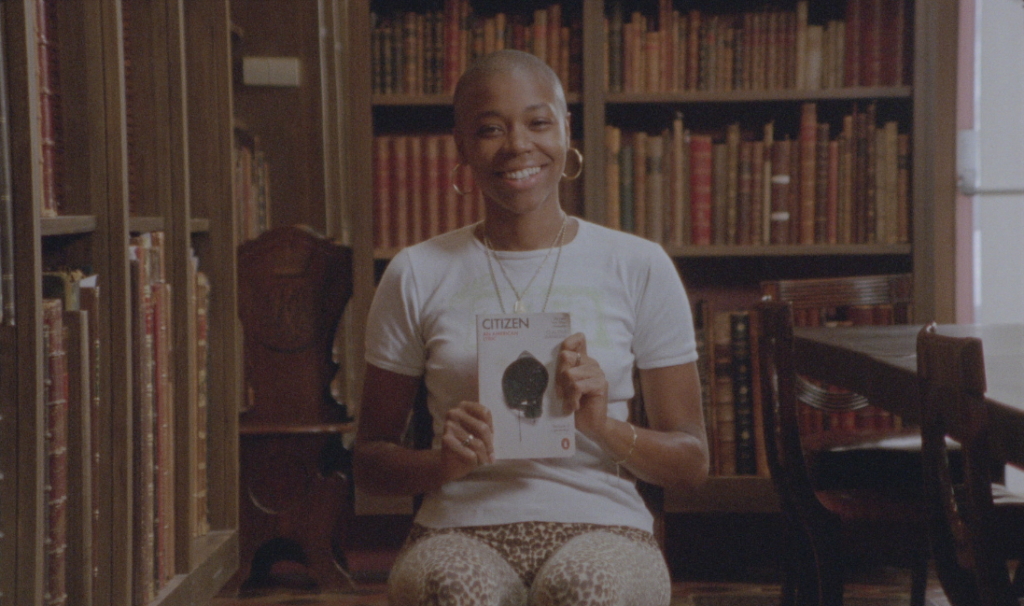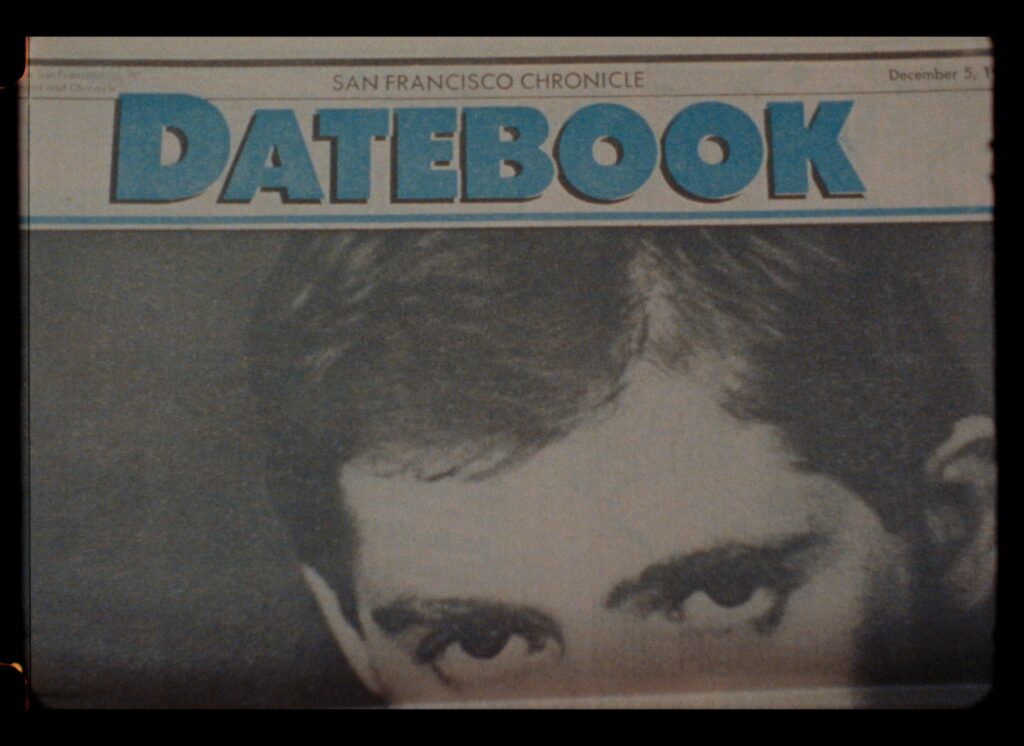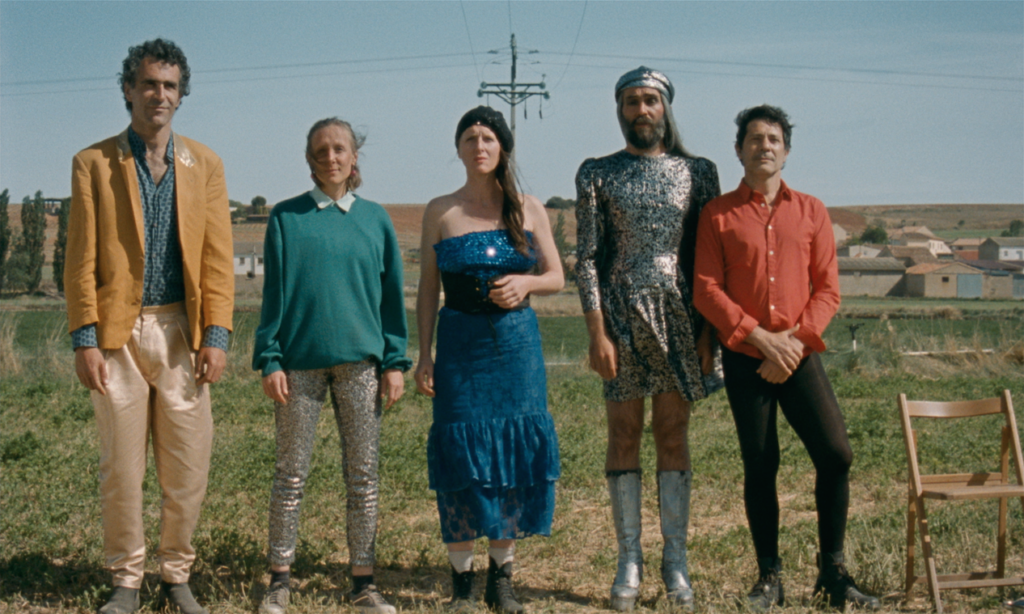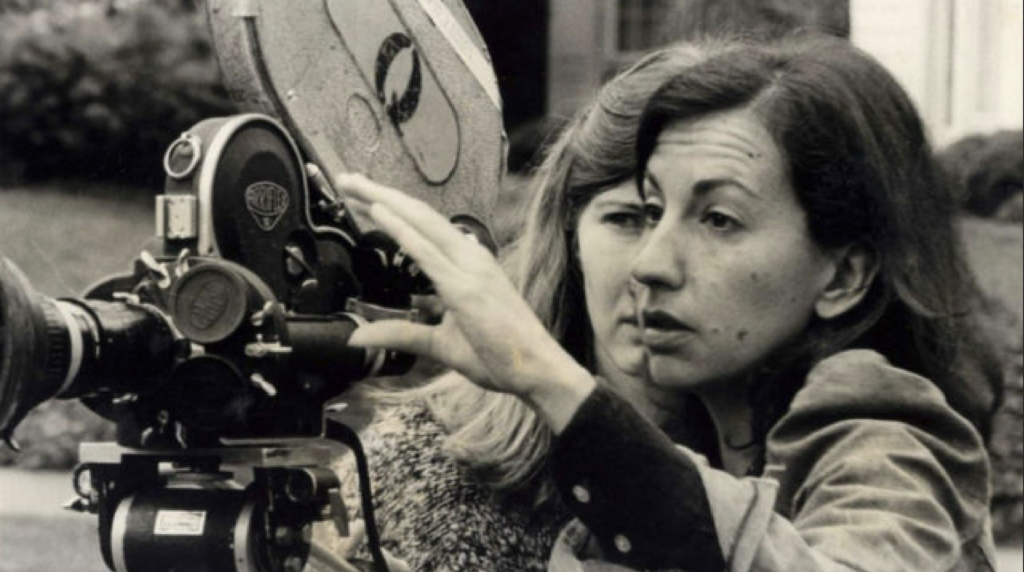
Helena Solberg
Helena Solberg is a pioneer of political documentary and a rare feminist presence to emerge from the Cinema Novo movement in Brazil in the 1960s. Born in São Paulo, Solberg began her career in the late 60s with two short films that would become defining depictions of the era, before going on to produce a seminal body of work concerned with the interconnected social, political, and representational issues facing women and the Latin American diaspora.
Her debut short, The Interview (1966), now considered the first Brazilian feminist film, and second short fiction film Noon (1969) garnered Solberg international recognition, with invitations to film festivals that kick-started her wider career.
Since moving to the United States in 1970, she has directed and produced many short and feature-length documentaries. Throughout the 1980s, she directed films broadcast nationally on the PBS network, and has continued to make work between the United States and Brazil up until the present day. Her work has won numerous prizes and been selected for festivals internationally including in Melbourne, Rio, Nyon, Havana, Chicago, and New York amongst many others.
Run Time
Run Time
Run Time
Akingbade’s trilogy of films act as an ode to her cinematic project on social housing, tied together through an interweaving of archive, fiction, 16mm film, digital, activism and dreams.
Run Time
Run Time
Run Time
Run Time
Run Time
Run Time
Run Time
Run Time
Run Time
Run Time
In consultation with Abbas and Abou-Rahme, Only the Beloved Keeps Our Secrets, a second work was chosen to accompany At Those Terrifying Frontiers Where the Existence and Disappearance. Taking the opportunity given by an online Festival, it was felt that this strategy might better simulate the artists’ performance, installation and exhibition making practice for viewers.
Run Time
Run Time
Run Time
Run Time
Artist and filmmaker Kat Anderson presents the world festival premiere of ‘Restraint Restrained’. The programme features two films from Anderson’s first solo exhibition. The works draw on the experiences and narratives of the many mentally ill Black people who have met their deaths in police custody or mental health facilities, through excessive restraint holds and other violent and negligent behaviours. ‘Restraint Restrained’ references the central premise of Frantz Fanon’s essay ‘Concerning Violence’, in which he claims that in order for the decolonisation of indigenous land to happen, a total and violent purging of the colonisers by the indigenous people must occur. Anderson repurposes this idea to consider how the contemporary Black mind and body, as a ‘colonised space’, is processed through public health and police institutions; understanding such authorities as embodiments and enforcers of structural white supremacy.
‘Restraint Restrained’ was commissioned by Block336 and Black Cultural Archives and supported by Arts Council England, Elephant Trust, LUX and Spike Island.
Run Time
Run Time
For this year’s Propositions strand, Berwick Film & Media Arts Festival is dedicating a focus to the diverse practice of Hong Kong writer, artist and filmmaker Tiffany Sia. Though the centre of this presentation is Never Rest/Unrest, Sia’s directorial debut and an urgent work that functions as creative reportage of the 2019 Hong Kong protests, the full range of work on view includes writing, collage and performance documentation, as well as a livestream discussion with Sia.
Run Time
The Great Indomitable Circus prepares the premiere of their new performance ‘Rights of Man’. Setting up tent in a sleepy northern Spanish town, they devise changes in the style of their show. But their days become mired in meandering vaudevillian arguments, analysing the grandeur of the landscape, the simplicity of the native architecture or the quality of each other’s performances. After much back-and-forth, they end up sticking to their original script.
Introduction by filmmaker Juan Rodrigañez
The film will be preceded by the 2019 Berwick New Cinema Competition award presentation
The Little Girl Who Sold the Sun follows Sili, a girl traversing Dakar’s many obstacles with her crutches. After starting to work as a newspaper vendor, she quickly runs afoul of territorial boys who see her as a competitor. Djibril Diop Mambéty’s final film is handled with gentle lightness and grace, providing incontrovertible evidence of his place not only as a master of African cinema, but as a pivotal figure in the history of cinema. — Herb Shellenberger






